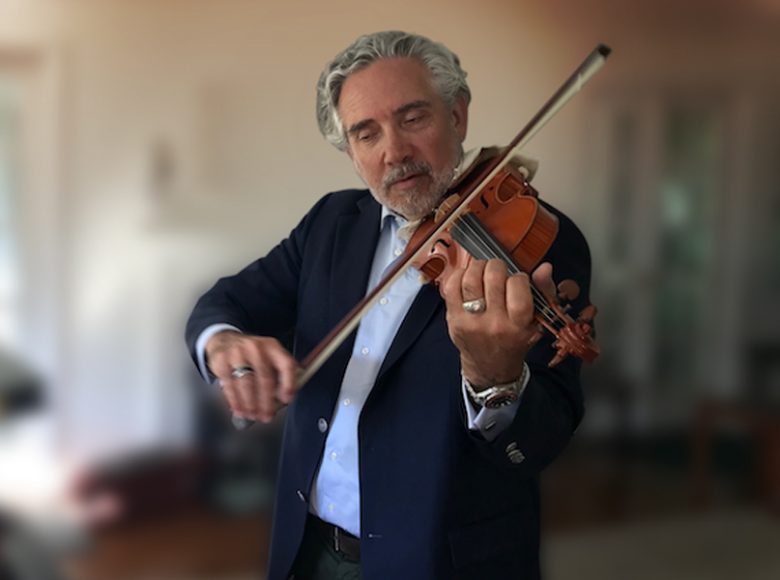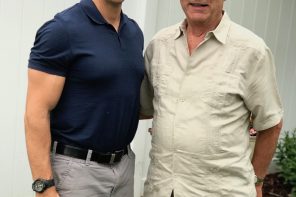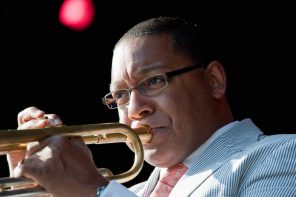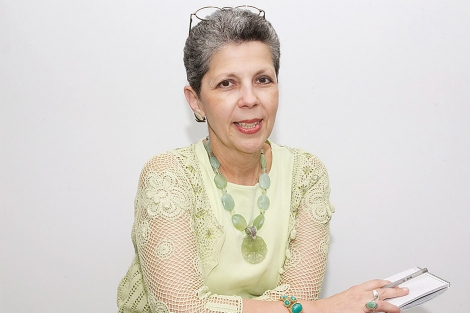As a top neurosurgeon in the metropolitan area, Ezriel E. Kornel, M.D. has not been on the frontlines of the battle against the coronavirus the way emergency room physicians, epidemiologists and virologists have. But that did not prevent his own brush with COVID-19.
On March 9, he began experiencing the symptoms of what he thought was the common cold. Feeling feverish and fluish by early evening, he realized it was anything but and took himself off to the emergency room at Northern Westchester Hospital in Mount Kisco, where he has had a more than 30-year association — as he has had with White Plains Hospital. With abnormal blood work, Kornel tested positive for the virus and went home to convalesce with his trusty Standard Poodle, Puff, by his side.
“I feel very fortunate,” he says. “I had flulike symptoms, but I never had trouble breathing. After two weeks it was resolved.”
Hearing that Mount Sinai Hospital was conducting antibodies tests, Kornel went down to Manhattan and donated plasma twice. Hospital staffers told him that he had the highest number of antibodies that they had seen thus far. Kornel believes these have given him immunity against the disease, although the jury’s still out on whether having the disease provides you with immunity and, if so, how long it will last.
Since that time, Kornel has been seeing patients on a limited basis and performed surgery on only one patient, whose herniated neck disk prevented her from using one of her arms, which could’ve led to permanent damage. (She had outpatient surgery at Northern Westchester Hospital and is doing well.) Another patient has a recurring malignant brain tumor that is progressing slowly.
In the new world order of phased reopenings, such patients will be given priority for surgery. Mostly, Kornel has been practicing telemedicine.
“I think it’s the future,” he says, adding that it’s ideal for pre- and post-surgical patients with no adverse changes. Not only are his patients grateful not to be exposed to the virus, but they’re calmer and more patient, actually spending less time on calls with him than they would in an office visit. They know the doctor is only a video chat away.
While Kornel sees blood pressure and oxygenation screenings and EKGs as something that will be done at home, he warns that “physicians’ assistants and doctors will have to be attentive that they’re not missing something” in the tele-visits. And though he’s glad that the shelter-in-place orders have led to fewer traumatic injuries, such as those resulting from car accidents, he’s worried about an increased and prolonged use of prescribed narcotics as patients in pain with limited physical function wait for surgery.
Overall, Kornel thinks the response to the coronavirus has been handled horribly by global and national leaders as well as in some cases by the medical profession itself.
“Part of the problem was that the World Health Organization was reluctant to say this was a pandemic,” he says. That crucial delay was compounded by conflicting messages from the White House that either led to confusion and a slow start to social distancing or reinforced the belief in some that this was just another flu. But Kornel — an expert in the use of minimally invasive brain and spinal surgery and a pioneer in the development of instruments and techniques for both — says it has become clear that the coronavirus can lead to complications beyond those of the flu, including seizures and strokes, along with kidney failure. (The temporary loss of the senses of taste and smell in some COVID-19 patients is a sign of neurological dysfunction, he adds.)
Then, too, Kornel says that although he has enormous respect for Anthony S. Fauci, M.D., director of the National Institute of Allergy and Infectious Diseases and a member of the White House Coronavirus Task Force, some health professionals have looked only at patients with the worst-case scenarios, missing others who present with COVID-19 symptoms, in part because they are pressured to keep costs, and thus testing, to a minimum. (It hasn’t helped that tests or items used in testing, such as swabs, are often lacking.) Kornel had one patient with coronavirus symptoms, whom he suggested see her internist for a test. When the internist denied her the test, Kornel secured one for her. She tested positive.
When he isn’t engaging with patients, Kornel follows a wide range of passions in the arts and athletics. Scuba diving, skiing and tennis may be on hold, but the arts aren’t.
The doctor has a theatrical company, aptly named Synaptic Productions, which produced Terence McNally’s “A Perfect Ganesh” in 2008, with Kornel in the title role of the Indian elephant deity. Recently, the amateur violinist was named president of Copland House, once the Cortlandt Manor home of composer Aaron Copland (“Appalachian Spring,” “Rodeo,” “Fanfare for the Common Man”) and now a center for American music.
“(The arts) play a huge role,” Kornel says of life in the time of corona. “I’m writing poetry and playing music every day and exercising — every other day.”





